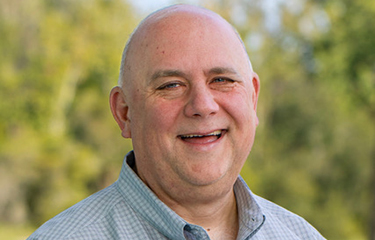Publix, Ahold highlight new sustainable products and initiatives during Earth Month

Publix and Ahold Delhaize USA are among the U.S. grocery chains featuring new sustainable and traceable seafood products and initiatives during Earth Month.
Two grocery chains operated by Quincy, Massachusetts, U.S.A.-based Ahold Delhaize USA, added sustainable seafood products in the past few months. The retail conglomerate, which operates more than 2,000 food stores and distribution centers, announced last summer it was using sustainably-sourced seafood across all of its retailers’ seafood products.
Carlisle, Pennsylvania, U.S.A.-based Giant Food offers wild blue catfish via a partnership with local commercial fishermen.
“Native to the Mississippi River, Blue Catfish are considered an invasive species to the Chesapeake Bay. Left unchecked without natural predators, blue catfish population growth presents major issues for the Bay and its local species,” Mark Eastham, sustainable products lead for Ahold Delhaize USA, told SeafoodSource.
The local fishermen use methods like haul seines that allow fish to be captured alive, and any unwanted species are returned to the Bay unscathed, Eastman noted. “Giant Food customers reacted positively to the local and sustainable wild catfish offering; it’s now an everyday offering at all Giant Food stores.”
Boston, Massachusetts-based Stop & Shop recently began carrying Best Aquaculture Practices-certified sashimi grade, frozen farm-raised coho salmon from Santiago, Chile-based Salmones Aysen. The sustainable product has “resonated well with their customers, providing great value for the quality of fish,” Eastman said.
In its fresh seafood departments, Stop & Shop will expand its “Fresh Catch” local sourcing initiative because the program “has become a focal point in the service case,” according to Eastman.
Ahold Delhaize USA partnered with the Gulf of Maine Research Institute (GMRI) to vet and audit all seafood products – whether they were private brand or national brand – on a continuous basis to “ensure they meet Ahold Delhaize USA companies" rigorous sustainable seafood policy,” Eastman said.
As of last June, Ahold and GMRI have assessed more than 3,000 seafood products across the company.
With the GMRI initiative, suppliers must provide information on each product, including how and where fish were caught or farmed, and whether the fish is sourced from a fishery or farm certified to a Global Sustainable Seafood Initiative-benchmarked standard, engaged in a fishery improvement project (FIP), or assessed as low risk by GMRI.
Ahold Delhaize USA is focusing on traceability through its relationship with the Ocean Disclosure Project (ODP), a global platform in which retailers voluntarily share insight into their sourcing methods to ensure sustainable seafood practices. “For ADUSA brands, this means that the original sources of all own brand, wild-caught seafood are available to the public,” Eastman said.
Lakeland, Florida, U.S.A-based Publix is also upping seafood traceability by developing a process to automate the Country of Origin Labeling (COOL) for its stores via a scan of a BAR code applied to the shipping unit by its suppliers, Publix Business Development Director of Seafood Guy Pizzuti told SeafoodSource.
Photo courtesy of Publix





Share